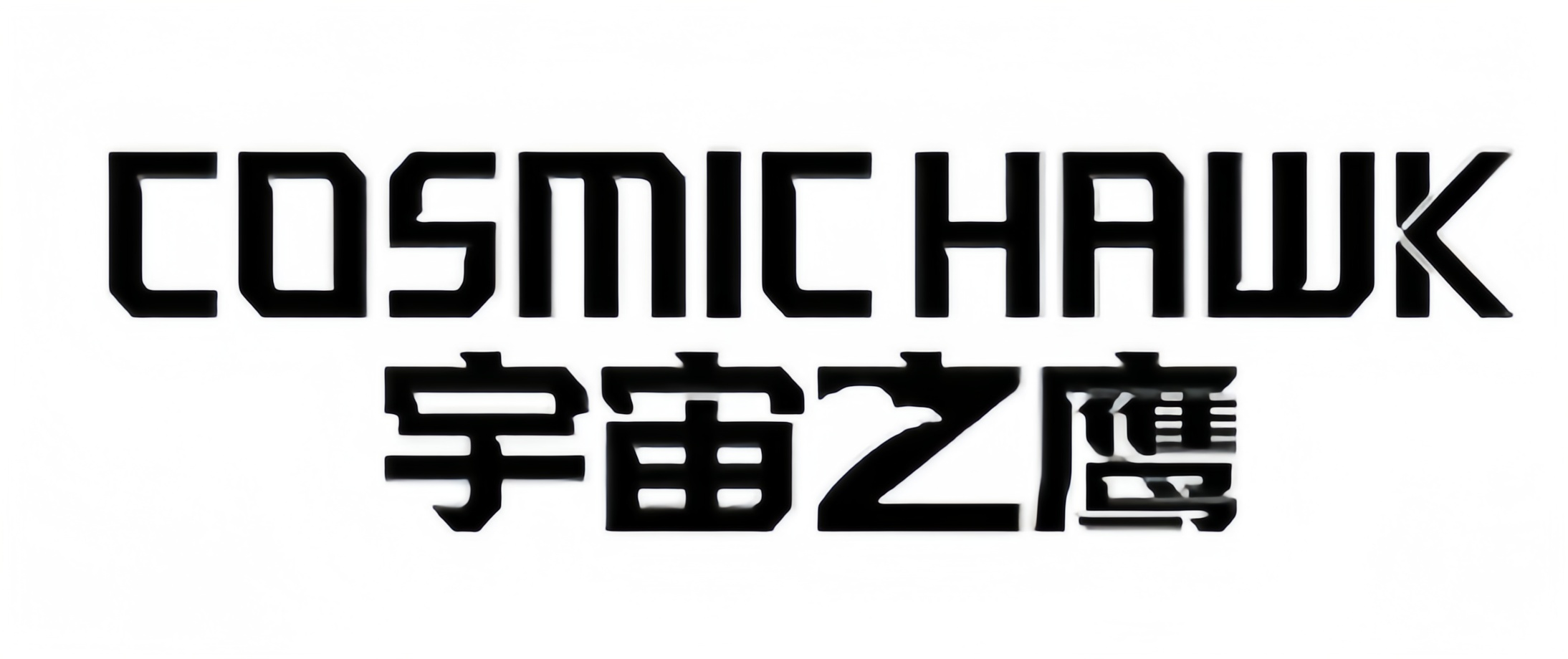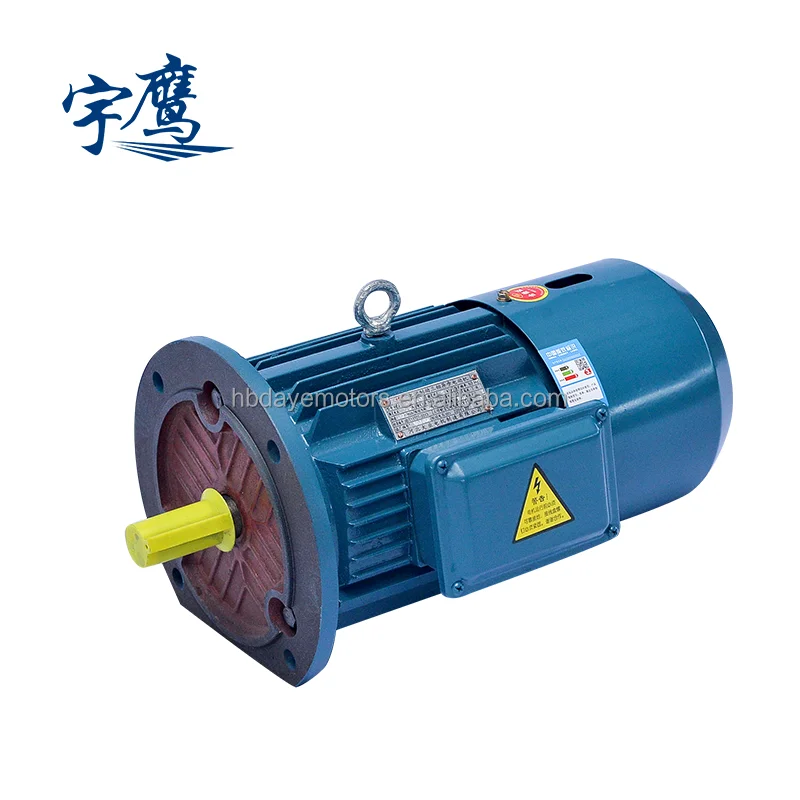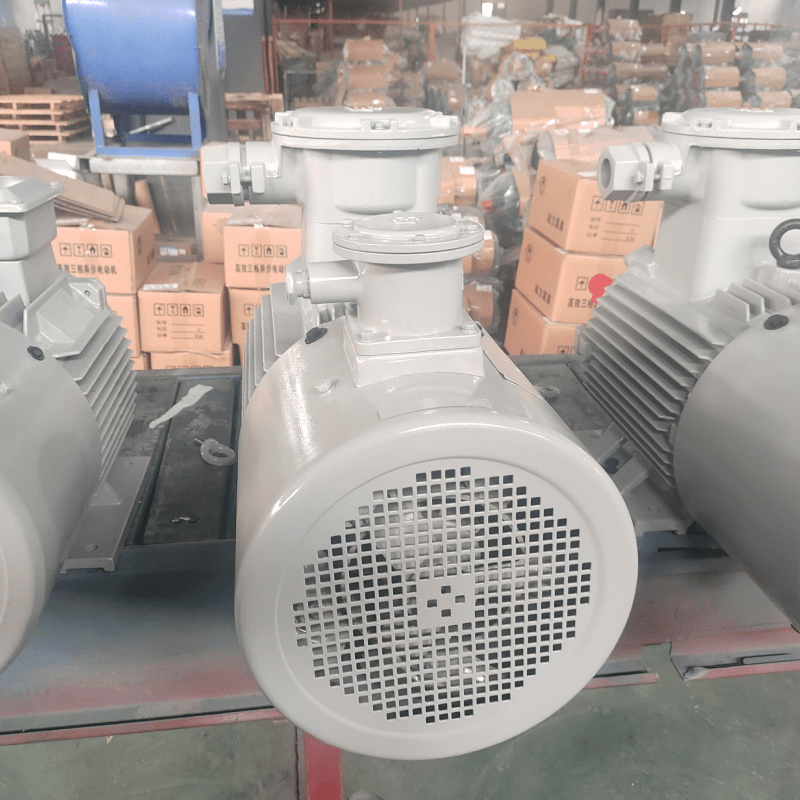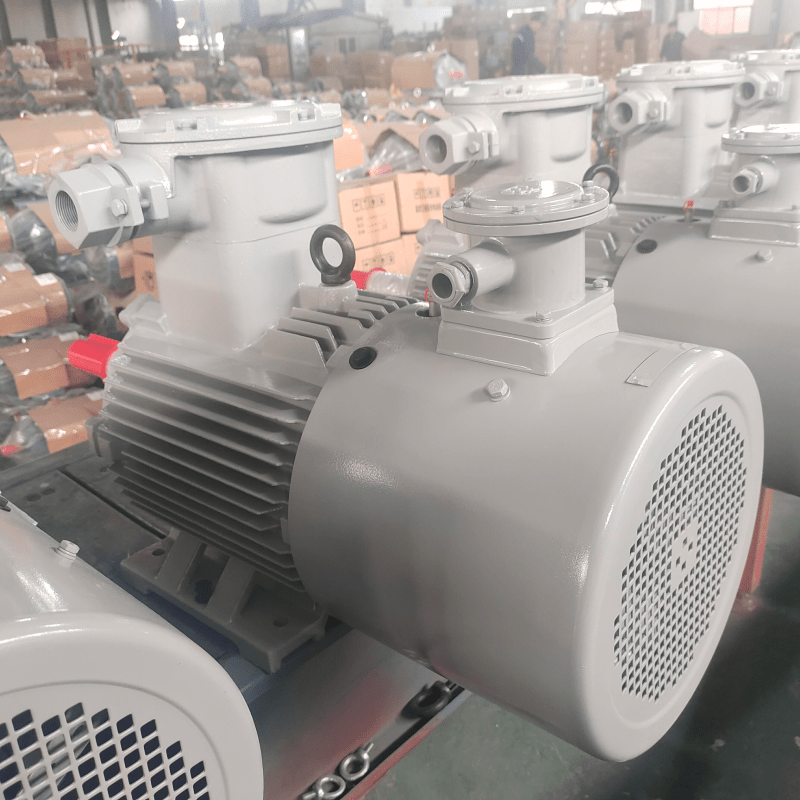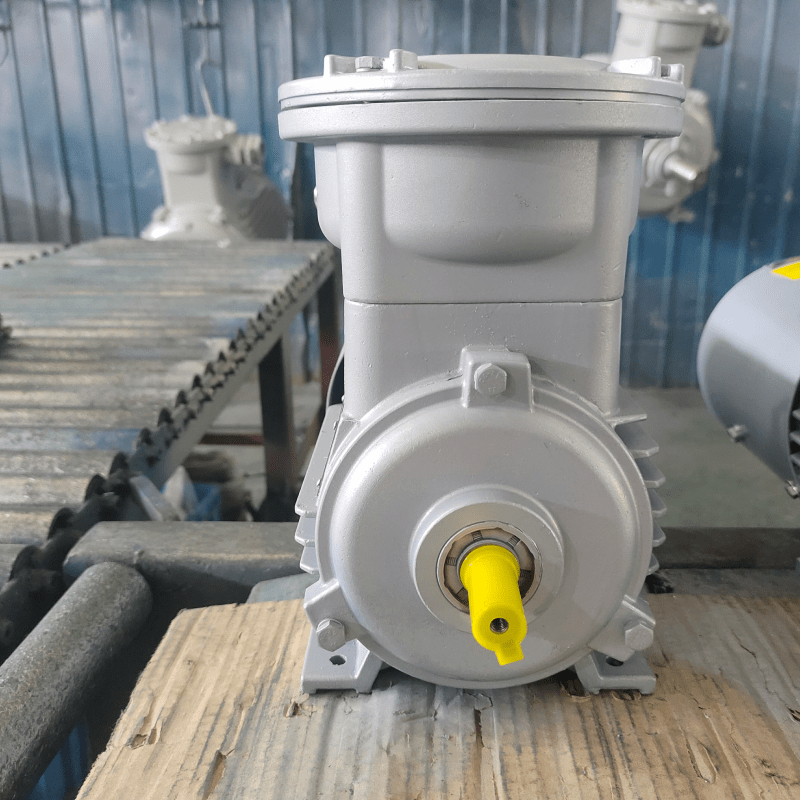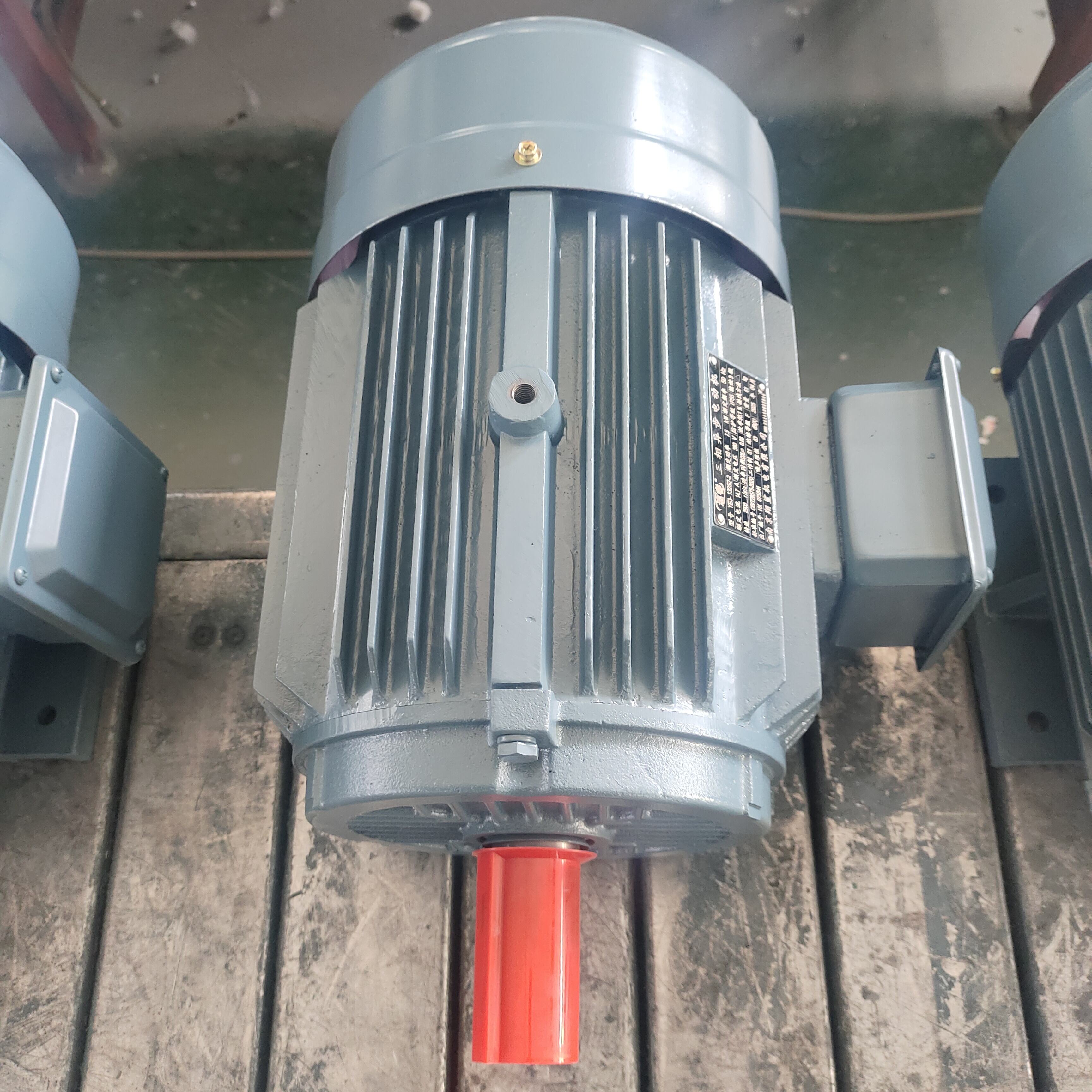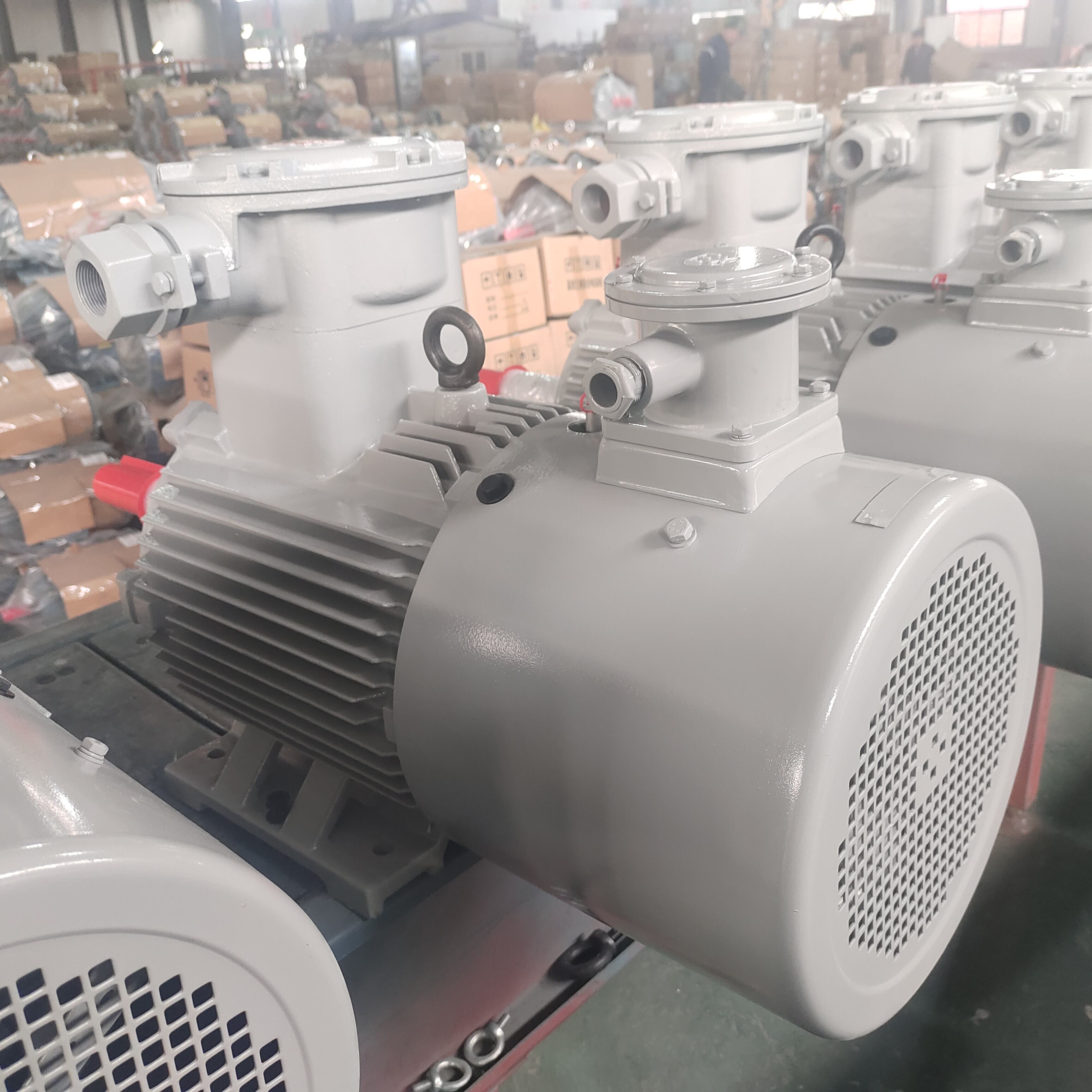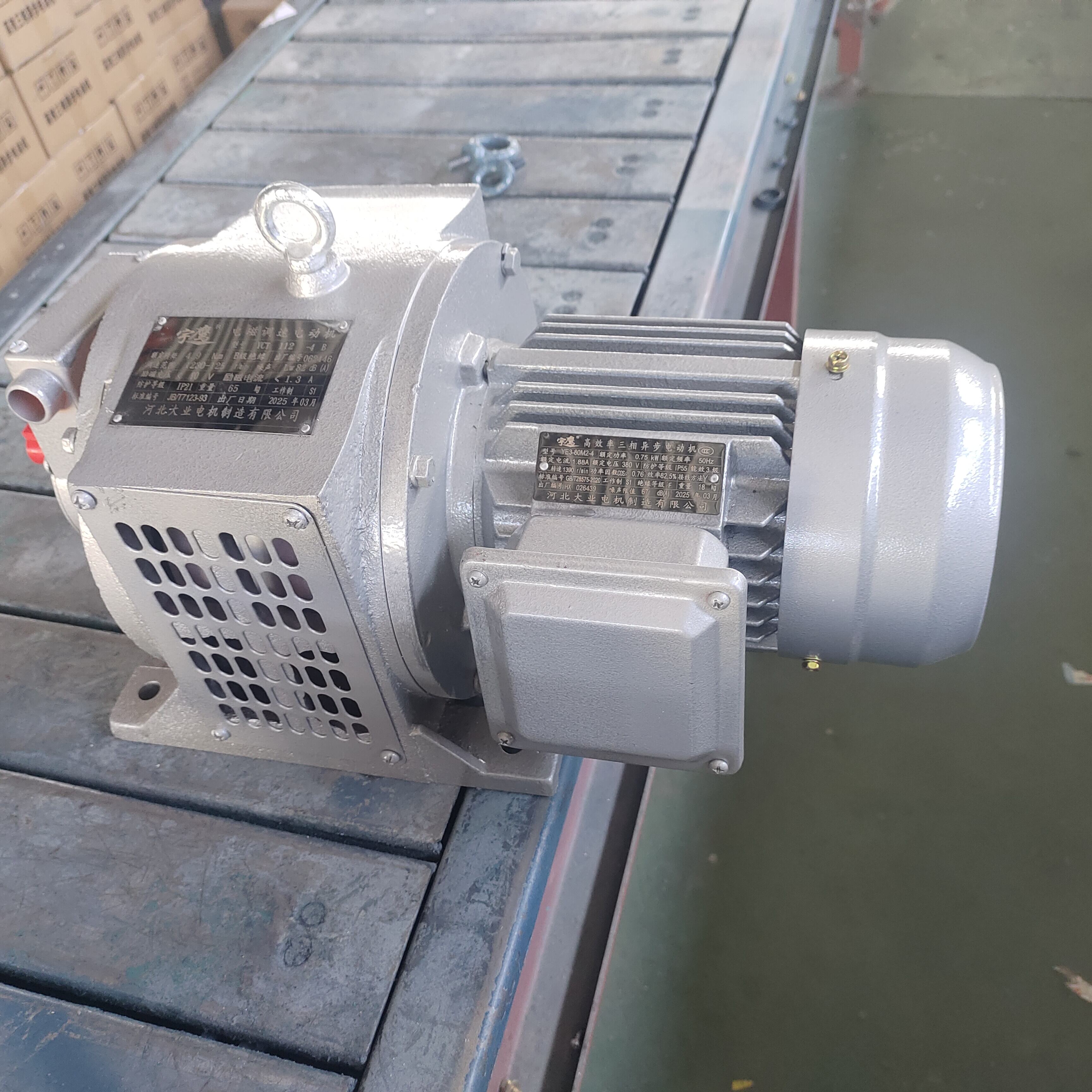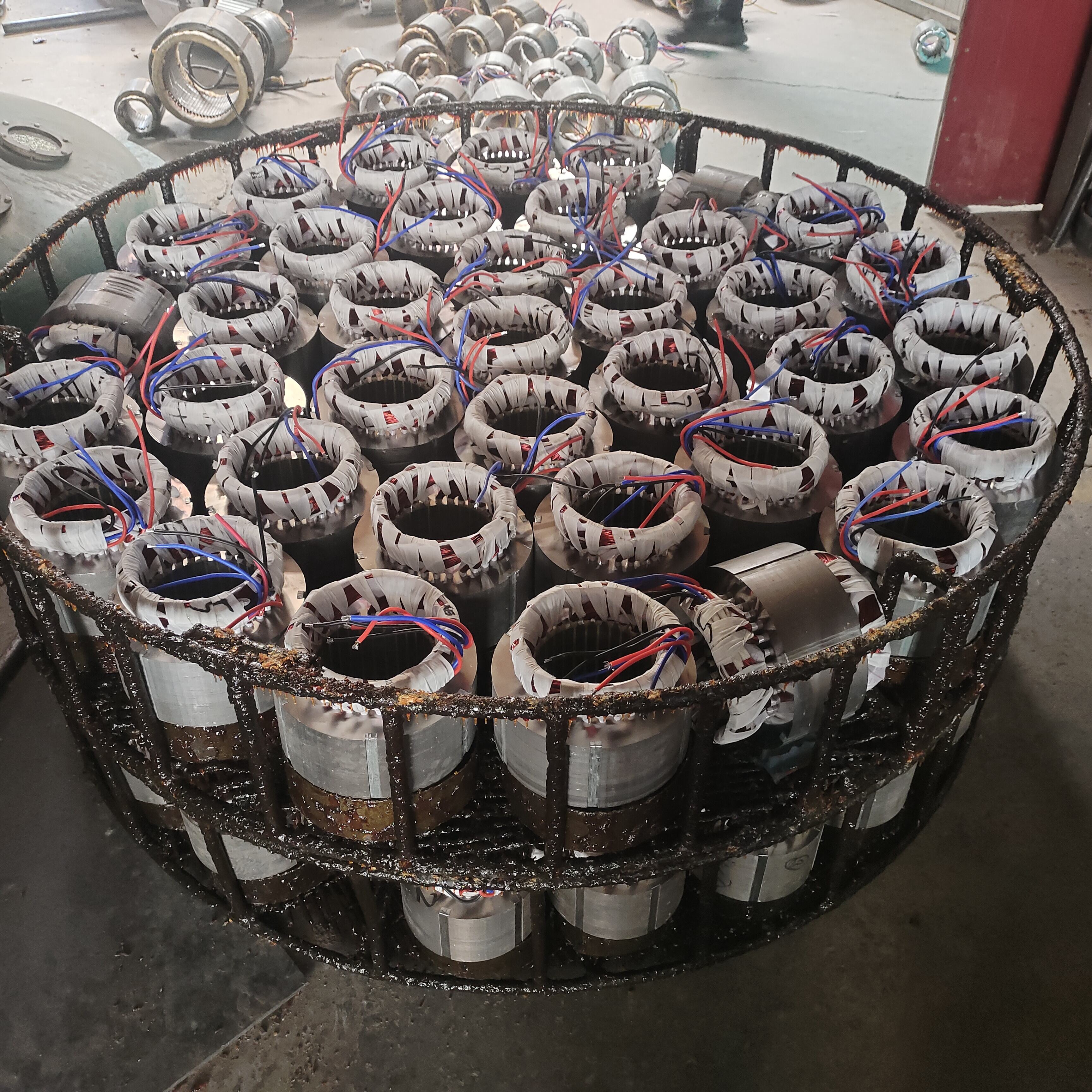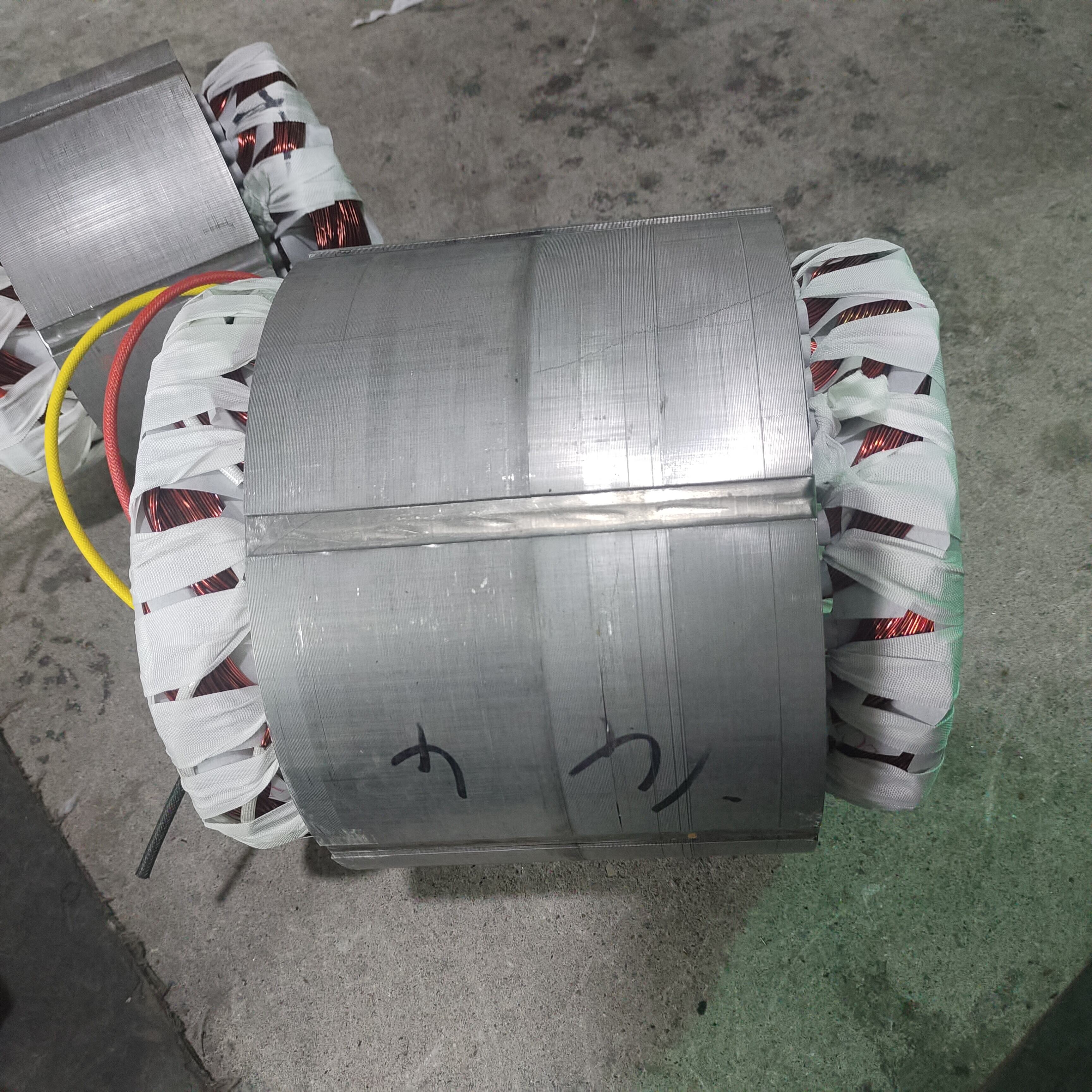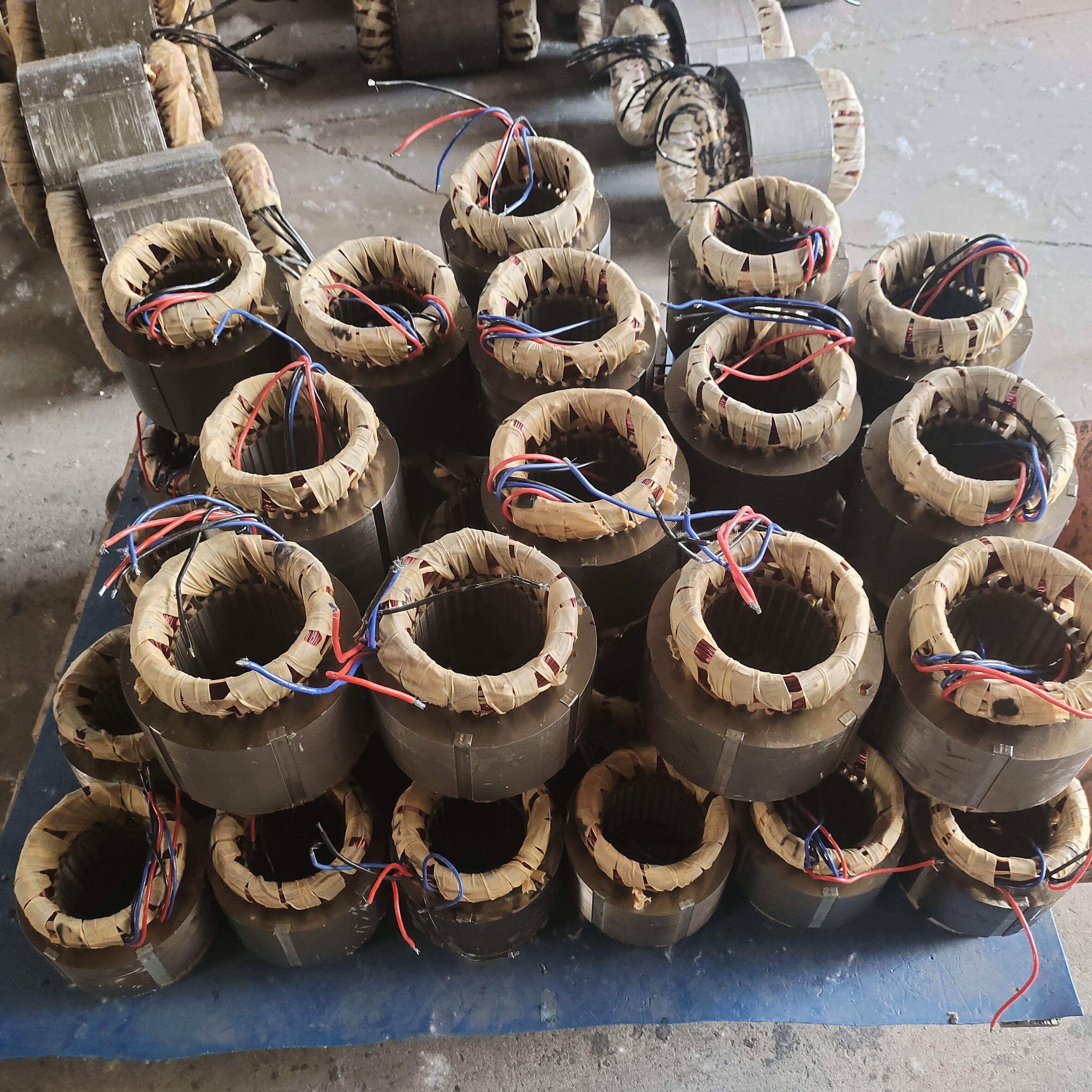winding price
The winding price represents a revolutionary approach to coil manufacturing and transformer production, fundamentally transforming how electrical components are priced and procured in today's competitive marketplace. This innovative pricing mechanism incorporates advanced algorithms that consider multiple variables including material costs, labor complexity, production time, and technical specifications to deliver accurate cost estimates for winding operations. The winding price system leverages sophisticated calculation methods that analyze copper wire specifications, insulation requirements, core materials, and manufacturing tolerances to provide transparent pricing structures for electrical contractors, manufacturers, and industrial clients. At its core, the winding price technology integrates real-time market data with historical production metrics, enabling precise cost forecasting and budget planning for projects ranging from small-scale repairs to large industrial installations. The system's main functions encompass automated cost calculation, material optimization recommendations, production scheduling integration, and quality assurance tracking throughout the winding process. Technological features include cloud-based processing capabilities, mobile accessibility, integration with existing ERP systems, and comprehensive reporting tools that provide detailed breakdowns of labor, materials, and overhead costs. The winding price platform supports various winding types including random wound coils, precision layer windings, toroidal configurations, and custom specialty applications across multiple industries. Applications span automotive manufacturing, renewable energy systems, medical device production, aerospace components, industrial automation, and consumer electronics manufacturing. The system accommodates different voltage ratings, frequency specifications, and environmental requirements while maintaining cost accuracy and delivery timeline predictions. Manufacturing facilities utilize the winding price system to streamline quotation processes, reduce estimation errors, and improve customer communication through detailed cost transparency. The platform's adaptability allows customization for specific industry requirements, regulatory compliance standards, and regional pricing variations, making it an essential tool for modern electrical component manufacturing and procurement operations.
